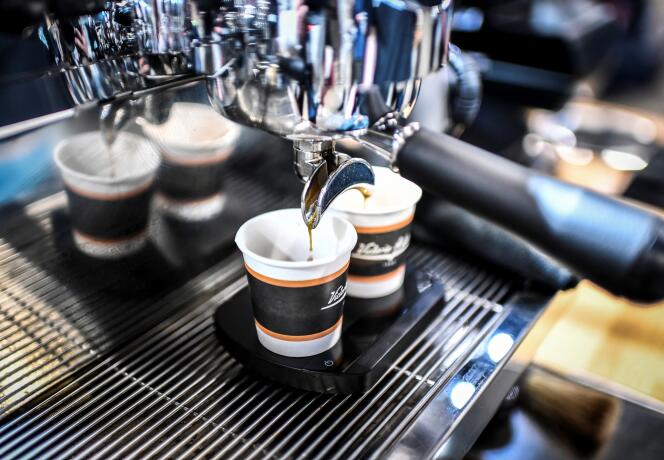


A European Parliament bill has rarely been the subject of so much lobbying. From paper groups to fast-food operators, from beer, wine and perfume producers to specialists in sugar and ketchup sachets, from parcel delivery companies to coffee cup users, from supermarkets to hotels: Everyone mobilized to influence the Commission’s proposal for a regulation to reduce packaging-related waste.
While the lobbyists’ relentless efforts paid off somewhat, they did not succeed in gutting the draft legislation finally adopted by the European Parliament on Wednesday, November 22.
At a time when packaging waste is steadily increasing – with almost 190 kilograms per inhabitant in 2021 – the bill should help to reverse the trend and bring it down by 10% by 2035. "The change of logic at the heart of this regulation has been saved," said Pascal Canfin (Renew), president of the Parliament’s environment committee.
The regulations require packaging to be recyclable by 2030 and made from recycled materials by 2035. The only exceptions are wooden boxes (for Camembert cheese, oyster shells and strawberry trays) and wax envelopes (such as those used for Babybel cheese). In the run-up to the June 2024 European elections, the legislative body opted to avoid the creation of a controversy that would have bolstered criticisms of the excessive bureaucracy of Brussels. These exceptions represent a tiny fraction of a sector with annual sales of €350 billion.
Recycling "won't be enough," said Environment Commissioner Virginijus Sinkevicius on Wednesday, "we also need to look at reuse and ban packaging that is not necessary." The version of the bill adopted on November 22 includes numerous provisions along these lines, but a series of amendments reduced its ambition. Green MEP Marie Toussaint bemoaned in particular that "the agricultural industry, with McDonald's and [French multinational dairy company] Lactalis in the lead, fought hard to weaken the ambitions of this regulation."
The regulation sets sector-by-sector re-use obligations that were the subject of tough negotiations. By 2030, 10% of alcoholic beverages – with the exception of wine and spirits – and 20 % of non-alcoholic beverages will have to be sold in reusable bottles. Brewers did try to obtain the same preferential treatment as winegrowers, but were unsuccessful. Following the same logic, member states with insufficient sorting infrastructures will have to implement a deposit for plastic bottles and metal cans.
You have 50% of this article left to read. The rest is for subscribers only.
